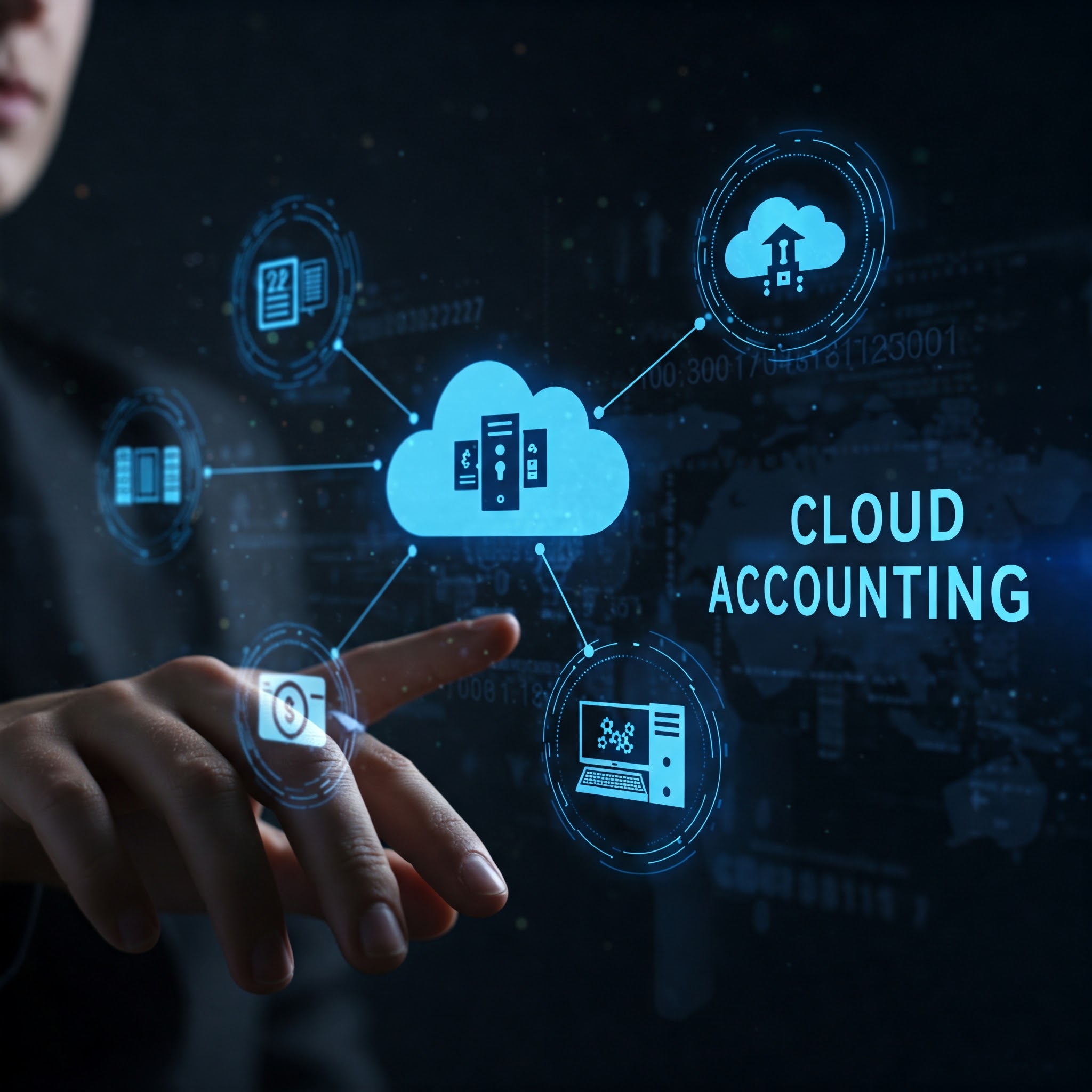How Cloud Accounting Can Improve Efficiency and Save You Money

Efficiency and cost savings are crucial for success in today’s fast-paced business world. Traditional accounting methods, which rely on manual data entry and paper records, can be time-consuming. They can also be prone to errors and quite expensive.
Cloud accounting has revolutionized financial management by providing businesses with a more efficient and accessible way to handle their finances.
So if you are a small business owner or managing a larger company, adopting cloud accounting can streamline operations and enhance overall financial decision-making.
Increased Efficiency Through Automation
One of the most significant advantages of cloud accounting is automation. Traditional bookkeeping often involves manual data entry, which increases the risk of human error and takes valuable time away from other essential tasks. With cloud accounting software, transactions from bank accounts, credit cards, and payment processors can be automatically recorded and categorized, reducing the need for manual input. This not only saves time but also ensures greater accuracy in financial records.
Cloud accounting also simplifies the invoicing process. Instead of manually creating and sending invoices, businesses can use automated invoicing features to generate and send invoices to clients. Many cloud accounting platforms also offer recurring billing options, which is particularly useful for subscription-based businesses. Additionally, automated payment reminders help businesses get paid faster by notifying clients of upcoming or overdue payments.
Another efficiency-boosting feature of cloud accounting is real-time access to financial data. Unlike traditional accounting systems that require physical access to records, cloud-based platforms allow business owners and accountants to access up-to-date financial information from anywhere with an internet connection. This real-time access improves decision-making and enables businesses to respond quickly to financial challenges or opportunities.
Cost Savings on Infrastructure and Maintenance
Switching to cloud accounting can lead to significant cost savings by reducing the need for expensive software, hardware, and IT support. Traditional accounting systems often require businesses to purchase costly software licenses, maintain servers, and regularly update their accounting programs. In contrast, cloud accounting operates on a subscription-based model, eliminating large upfront costs and ensuring that businesses always have access to the latest features and security updates.
Because cloud accounting software is hosted online, businesses no longer need to worry about data storage and backups. Traditional accounting requires regular backups to prevent data loss in case of hardware failure, theft, or natural disasters. Cloud accounting providers handle these backups automatically, storing data securely on remote servers with built-in redundancy. This not only enhances data security but also saves businesses the cost and hassle of managing their own backup systems.
Cloud accounting also reduces the need for physical paperwork and document storage. By digitizing financial records, businesses can eliminate the costs associated with printing, storing, and managing paper documents. This not only reduces expenses but also improves overall organization and accessibility.
Improved Collaboration and Financial Insights
Another key benefit of cloud accounting is its ability to enhance collaboration between business owners, accountants, and financial teams. Since data is stored online, multiple users can access and update financial records simultaneously, regardless of their location. This is particularly beneficial for businesses with remote teams or multiple office locations.
Cloud accounting software also offers powerful financial reporting tools that provide real-time insights into cash flow, profit and loss, and overall financial health. Business owners can generate reports quickly, analyze trends, and make data-driven decisions to improve profitability. With better financial visibility, businesses can identify potential issues early and take corrective action before they become major problems.
Conclusion
Cloud accounting is a game-changer for businesses looking to improve efficiency and save money. It automates financial tasks, reduces infrastructure costs, and provides real-time access to financial data. Cloud accounting helps businesses streamline operations and make better financial decisions.
